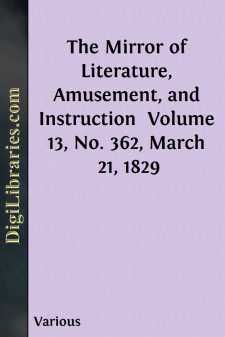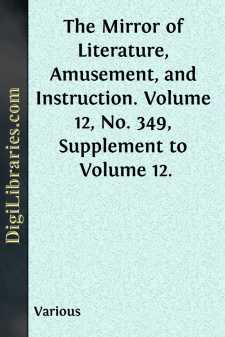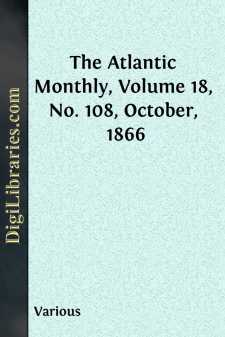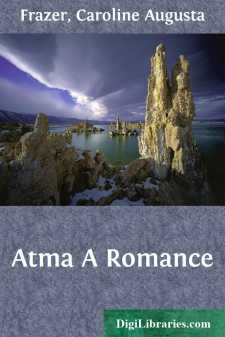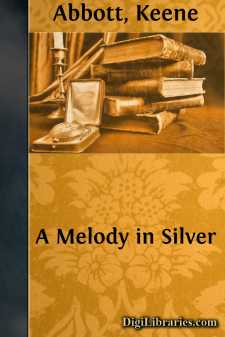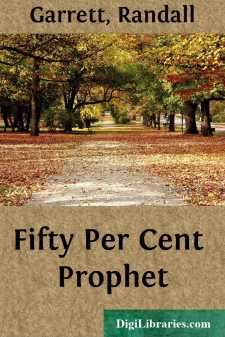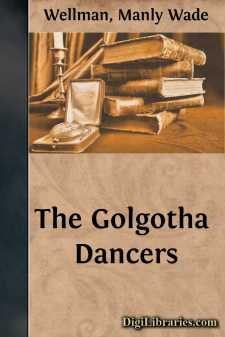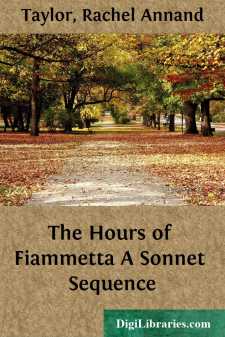Categories
- Antiques & Collectibles 13
- Architecture 36
- Art 48
- Bibles 22
- Biography & Autobiography 813
- Body, Mind & Spirit 142
- Business & Economics 28
- Children's Books 17
- Children's Fiction 14
- Computers 4
- Cooking 94
- Crafts & Hobbies 4
- Drama 346
- Education 46
- Family & Relationships 57
- Fiction 11829
- Games 19
- Gardening 17
- Health & Fitness 34
- History 1377
- House & Home 1
- Humor 147
- Juvenile Fiction 1873
- Juvenile Nonfiction 202
- Language Arts & Disciplines 88
- Law 16
- Literary Collections 686
- Literary Criticism 179
- Mathematics 13
- Medical 41
- Music 40
- Nature 179
- Non-Classifiable 1768
- Performing Arts 7
- Periodicals 1453
- Philosophy 64
- Photography 2
- Poetry 896
- Political Science 203
- Psychology 42
- Reference 154
- Religion 513
- Science 126
- Self-Help 84
- Social Science 81
- Sports & Recreation 34
- Study Aids 3
- Technology & Engineering 59
- Transportation 23
- Travel 463
- True Crime 29
Sort by:
by:
Various
CHESTER TERRACE, REGENT'S PARK. On the annexed page is a spirited representation of this splendid range of palatial residences, which present as noble an appearance as any similar structure in the Park. To familiarize the topography of Chester Terrace, we should say it stands between the Colosseum and St. Katharine's Church, these being the most conspicuous buildings in the circle; and the...
more...
by:
Various
PREFACE The present sheet completes the TWELFTH VOLUME OF THE MIRROR. This circumstance alone is typical of the substantial patronage which has attended our exertions from their commencement; and may be, we hope, anticipatory of continued success. Our career of six years has been subdivided into twelve volumes or sessions; we have had no recess, but uniformly "a house;" and, as members of the...
more...
by:
Various
CHILDHOOD: A STUDY. There is a rushing southwest wind. It murmurs overhead among the willows, and the little river-waves lap and wash upon the point below; but not a breath lifts my hair, down here among the tree-trunks, close to the water. Clear water ripples at my feet; and a mile and more away, across the great bay of the wide river, the old, compact brick-red city lies silent in the sunshine....
more...
by:
Anonymous
The First Book of Kings 1:1 Now king David was old and stricken in years; and they covered him with clothes, but he got no heat. 1:2 Therefore his servants said to him, Let there be sought for my lord the king a young virgin: and let her stand before the king, and cherish him; and let her lie in your bosom, that my lord the king may keep warm. 1:3 So they sought for a beautiful young lady throughout...
more...
by:
Connell
The transport swung past Centaurus on the last leg of her long journey to Sol. There was no flash, no roar as she swept across the darkness of space. As silent as a ghost, as quiet as a puff of moonlight she moved, riding the gravitational fields that spread like tangled, invisible spider webs between the stars. Within the ship there was also silence, but the air was stirred by a faint, persistent...
more...
CHAPTER I.O that Decay were always beautiful!How soft the exit of the dying day,The dying season too, its disarrayIs gold and scarlet, hues of gay misrule,So it in festive cheer may pass away;Fading is excellent in earth or air,With it no budding April may compare,Nor fragrant June with long love-laden hours;Sweet is decadence in the quiet bowersWhere summer songs and mirth are fallen asleep,And sweet...
more...
by:
Keene Abbott
CHAPTER I THE LOST CAUSE avid had a suspicion. He did not know it was that, but that is what it was. He suspected that Mother thought he was a good little boy, and he suspected that she thought Mitchell Horrigan was a bad little boy. Perhaps Mother had a suspicion, too; she might have suspected that it was Mitch who had put a certain notion into David's head—a notion which had to do with pants....
more...
by:
Randall Garrett
r. Joachim sat in the small room behind his reception hall and held his fingers poised above the keys of the rather creaky electrotyper on his desk. The hands seemed to hang there, long, slender, and pale, like two gulls frozen suddenly in their long swoop towards some precious tidbit floating on the writhing sea beneath, ready to begin their drop instantly, as soon as time began again. All of Dr....
more...
I had come to the Art Museum to see the special show of Goya prints, but that particular gallery was so crowded that I could hardly get in, much less see or savor anything; wherefore I walked out again. I wandered through the other wings with their rows and rows of oils, their Greek and Roman sculptures, their stern ranks of medieval armors, their Oriental porcelains, their Egyptian gods. At length, by...
more...
PREFACE There are two great traditions of womanhood. One presents the Madonna brooding over the mystery of motherhood; the other, more confusedly, tells of the acolyte, the priestess, the clairvoyante of the unknown gods. This latter exists complete in herself, a personality as definite and as significant as a symbol. She is behind all the processes of art, though she rarely becomes a conscious artist,...
more...


